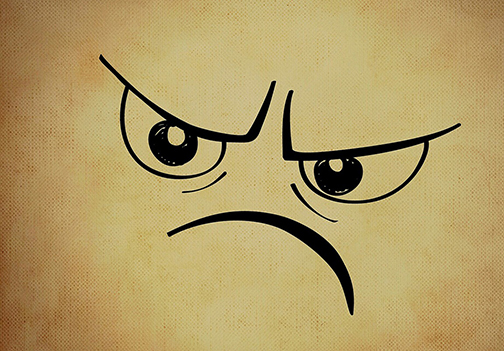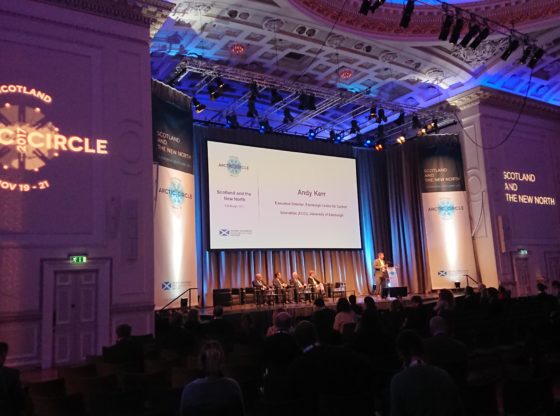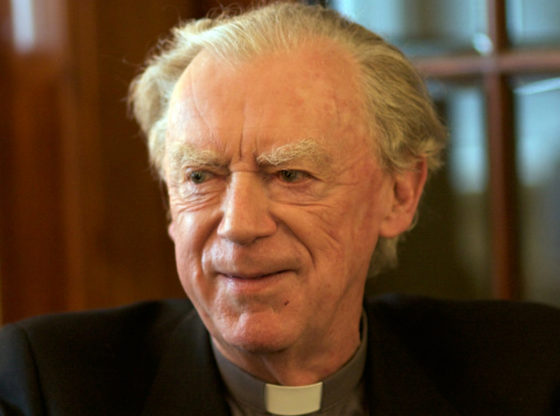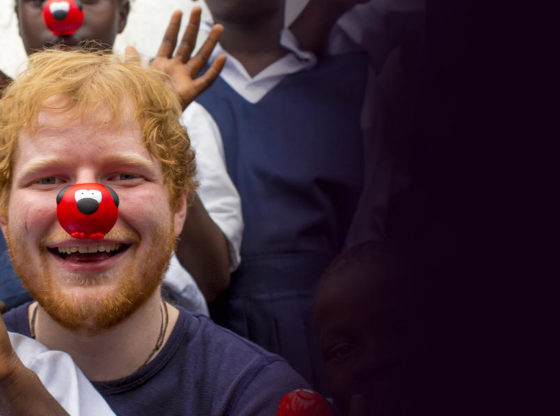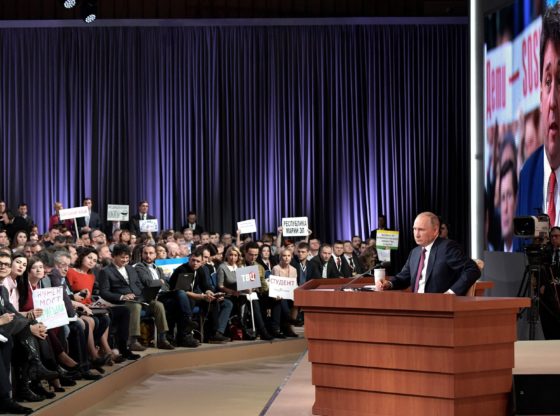Rahul Gandhi, the new President of India’s 132-year-old Indian National Congress, had a decent beginning in the December elections. But the 47-year-old faces huge challenges, both in making up ground on Prime Minister Modi, and in strengthening his own party. What are his chances? Writing from Bangalore, Shubham Ghosh tells the story.
On 16 December 2017, a fortnight short of the party’s 132nd anniversary, Rahul Gandhi took over as the Indian National Congress’s new President. He took over the reins from his mother Sonia Gandhi, who had guided the party for nearly two decades (1998-2017). It was a crucial moment in the lives of both Rahul and his party, popularly known as Congress. The all-important results of the Gujarat state election were due out just two days later, on 18 December. It was important that a devastating outcome in this election was avoided, one which could have derailed the new President’s journey almost before it started.
As it was, Rahul didn’t disappoint. The Gujarat result was enough to boost the Congress’s demoralised supporters who have been biting the dust in election after election over the past half a decade. The Congress produced its best performance in living memory, securing 77 seats. That in the state of none other than Prime Minister Narendra Modi, who has been the nemesis of the party (as well as the Gandhis) since 2012-13.
As it was, the Congress didn’t win the election, finishing 22 seats short of Modi’s BJP. But it put up an intense fight which gripped observers on results day. For a party which, in recent times, has been annihilated regularly across the country, it was a much-needed improvement. It was also a real boost for the new President.
THE GUJARAT RESULT: KEY TO RAHUL’S IMAGE MAKEOVER
Rahul Gandhi’s performance was also crucial. The man has been endlessly caricatured by the BJP and in the national media, where he has been labelled “Pappu” (dumb kid). The common perception is that as long as Rahul Gandhi is around, it is impossible to beat Naranrdra Modi and his BJP. Even leaders of other parties, staunch Modi opponents, have consented to this fact in the past.
Rahul’s slow progress towards becoming President of the Congress (he first became a Member of Parliament in 2004 and then the party’s Vice President in January 2013) bolstered his critics, who claimed he was being shielded by his mother because he did not have it in him to take on Modi. It was a crude condemnation, on counts of dynastic politics and credibility. For the party which had led India’s struggle for independence, these criticisms against its future leader were incredibly humiliating.
For the party which had led India’s struggle for independence, these criticisms against its future leader were incredibly humiliating.
The devastating loss in the 2014 Lok Sabha (national) election, which saw Congress reduced to just 44 MPs – the lowest in its entire history – gave rise to predictions that Rahul’s relevance had ended. The party subsequently went on to lose more state elections. And after it was bulldozed in Uttar Pradesh – politically, India’s most important state – in March 2017, where it could win only seven seats in a House of 403, Rahul’s story was considered to be done and dusted. Indeed, even before the annihilation in Uttar Pradesh, there had been calls to make Rahul’s sister Priyanka - charismatic but seemingly reluctant to join active politics - Sonia’s successor.
Whilst Congress came to power in Punjab in 2017, critics continued to make the point that Rahul is useless, asserting that “Congress relied more on the local leadership than Rahul in Punjab”, and that it was the former which had clinched victory.
A RISKY CHOICE BUT THERE WAS NO OTHER
Against this backdrop, it wasn’t an easy task for Rahul Gandhi, or his party, to ensure an easy transition from Sonia Gandhi’s presidency. Although Rahul had been serving as Number 2 in the party, it was he who had played a leading role in the recent electoral battles because his mother had been ailing. Since there was not much success under the 47-year-old Vice President, and since the party’s base was shrinking with a number of regional strongman switching camps to the BJP, the question mark over the Congress’s future had grown and grown.
The party had faced a similar crisis in the late 1990s when an implosion had threatened its survival. At this time, it was Sonia who had risen to the occasion to arrest the collapse and stabilise the party. She was in fact the first Gandhi to take charge of Congress in seven years, after her husband and former Prime Minister of India Rajiv Gandhi was assassinated, in May 1991.
India’s ‘Grand Old Party’ is regularly accused of being a dynastic outfit where the reins of power remain in the hands of the Gandhis.
This issue raises another unavoidable feature of the Congress party, and the scrutiny which surrounds it. India’s ‘Grand Old Party’ is regularly accused of being a dynastic outfit where the reins of power remain in the hands of the Gandhis. Critics argue that there is no possibility of any non-Gandhi rising to the top in the party, a fact which dishonours Indian democracy.
Indeed, for a smart politician like Narendra Modi, the dynastic dimension of the Congress - and indeed many other parties in India - is a major tool which helps him to pocket political wins. The Prime Minister is often heard citing his past as a humble tea-seller who overcame all challenges in life to become the country’s chief executive. That was only possible, he contends, because he has been a member of the BJP ,which doesn’t practise dynastic politics and is truly democratic in its conduct.
Dynasticism is certainly anti-democratic and it is an irony that several parties in India (barring the BJP and Left) practise dynastic politics, despite the fact that India is widely known to be the world’s largest democracy. There are a number of explanations for this, which I will discuss on another occasion. But suffice to say at this point that the Congress really has no other option but to continue with how it has operated for the past many decades - a policy of family-centric politics.
A SMOOTH 2017 TRANSITION - BUT CONGRESS IS STILL IN A BAD STATE
Rahul Gandhi’s transition from Vice President to President was much smoother than many had anticipated. But the Congress as a party remains in a deep hole. It has largely failed to keep pace with changes in present-day India which is dominated by majoritarian Hindutva - the dominant form of Hindu nationalism in India - a growing urban-smart and tech-savvy culture, and accompanying sentiments that take pride in a resurgent nationalism.
The Congress’s ‘soft and centrist’ methods are seen as increasingly at odds with the changing ethos of today’s India. And here lies Rahul Gandhi’s biggest challenge. He can certainly hope to make inroads into the country’s rural corners; those places that find no relevance in the BJP’s mega blue print for modern India. But as far as winning over India’s young, ambitious and sophisticated urban voters, Gandhi’s task is massive.
LOOKING AHEAD (NERVOUSLY)
Ahead of renewing his fight against the powerful political figure represented by Narendra Modi, Rahul - as President of the Congress - can certainly take some solace from the Gujarat election result in December. Indeed, his words and interviews of late have made more sense than they used to, perhaps a year or so ago, suggesting that he has a more effective advisory team in place to prepare him for the upcoming showdowns against Modi. Rahul has also cautioned his partymen against using indecent language against the Prime Minister, insisting that they honour his position whilst still attacking his politics. This has to be an encouraging sign.
With Rahul currently unmarried, and with his sister Priyanka showing little interest in involvement in active politics, the Gandhi factor may be destined to wane in the period to come.
Rahul Gandhi can perhaps hope for some encouraging times ahead. If the Congress can do well in the next set of elections in a number of BJP-ruled states (the Congress is in power in just a handful of states in India) and also the national election in 2019, Rahul’s political stature will become infinitely taller. Nothing succeeds like success and a series of wins will eclipse Rahul’s many perceived shortfalls in a short period of time. But things are delicately placed: if the opposite happens, then the Congress as an institution will face the crisis of its lifetime, led by a man who is not short of detractors.
And let’s not forget the dynastic element. With Rahul currently unmarried, and with his sister Priyanka showing little interest in involvement in active politics, the Gandhi factor may be destined to wane in the period to come. So if a moment of true crisis arrives early for the party, then God save the Congress.
Quite simply, Rahul Gandhi can’t afford to fail. But for the time-being, he can take heart from the Gujarat result. It has helped him live another day.
Shubham Ghosh is a freelance journalist based in Bangalore, India. He writes on international affairs and Indian politics. Find him on Twitter at: @how_isee
Feature image: Rahul Gandhi on the campaign trail. Image: InclusiveIndian [CC BY-SA 4.0]



